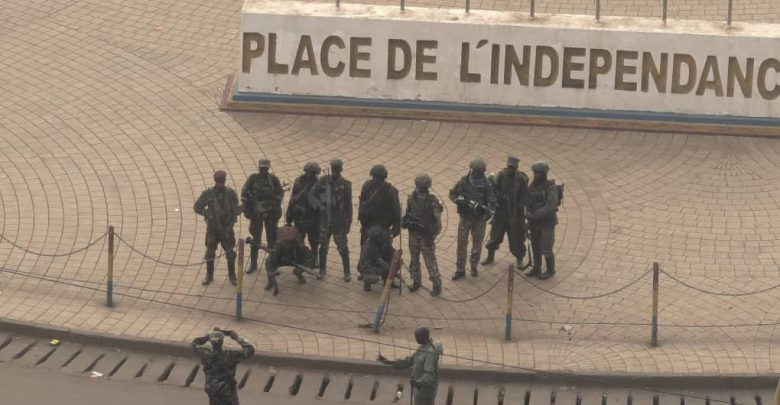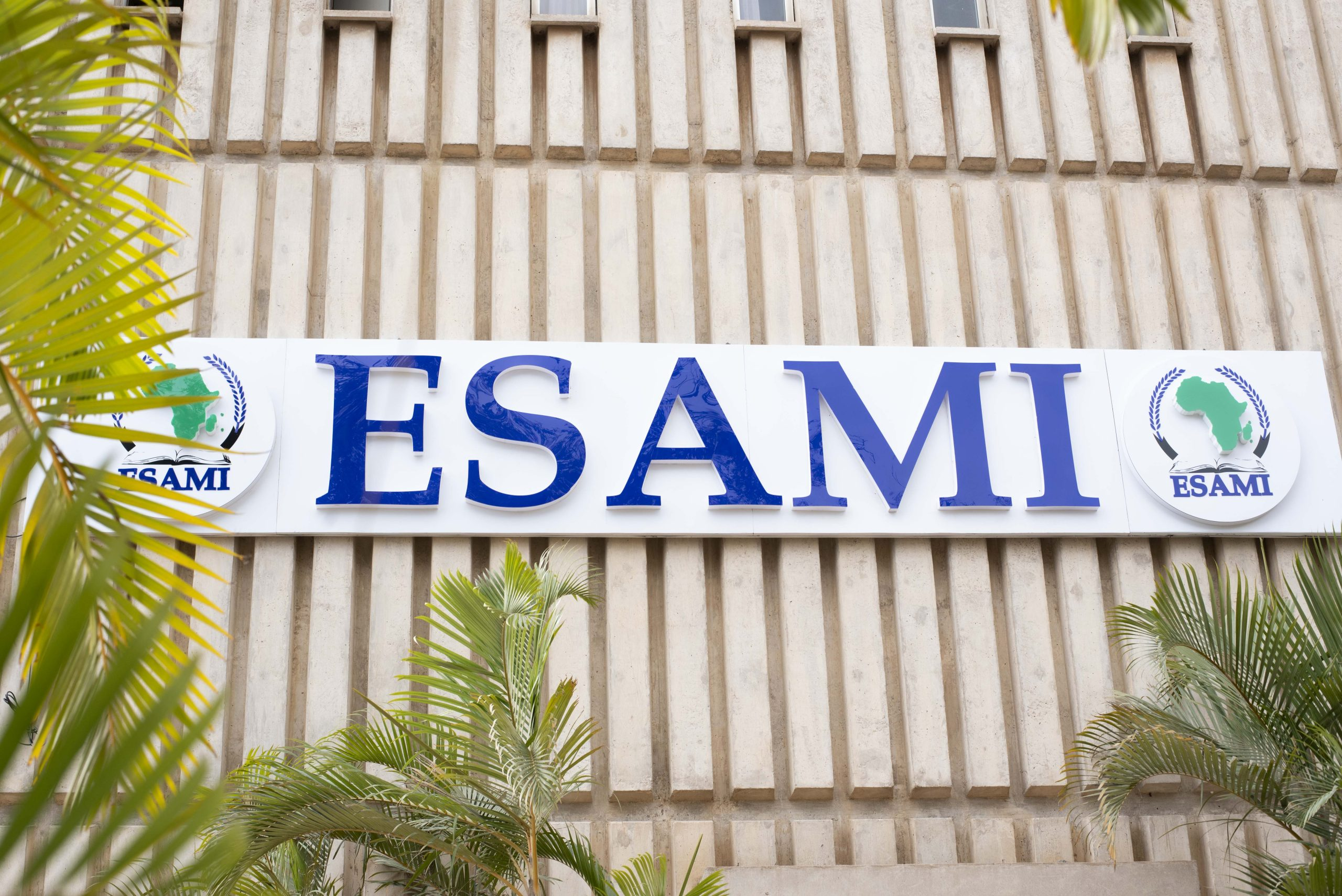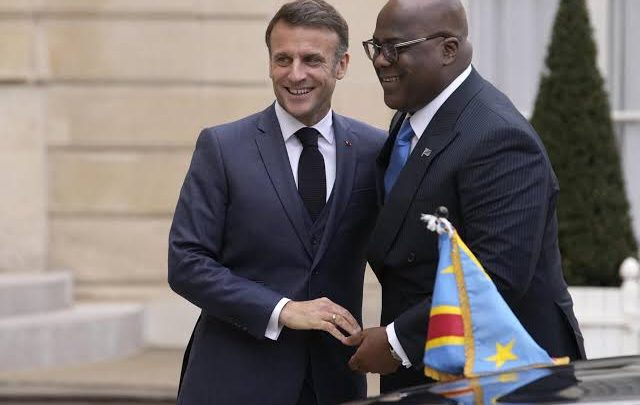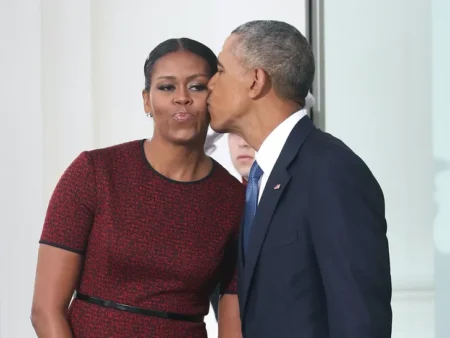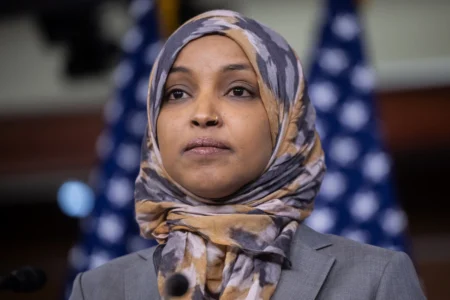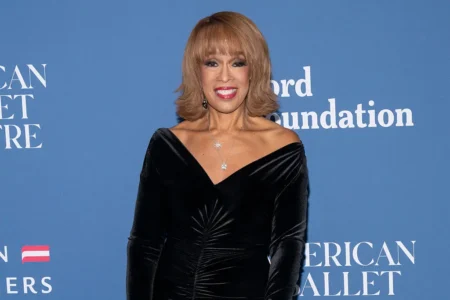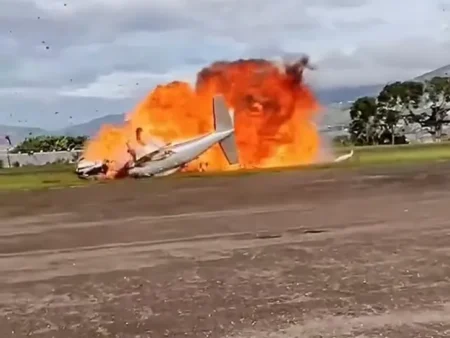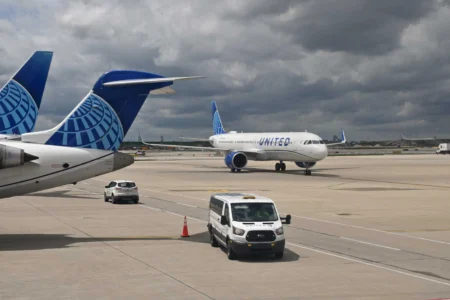The M23 rebel group has strengthened its position in the eastern Democratic Republic of Congo (DRC), seizing control of Bukavu and the strategic Rusizi border post, a major crossing between the DRC and Rwanda. This development marks a significant escalation in the ongoing conflict in South Kivu, despite contradictory claims from the DRC government, which asserts that Bukavu remains under its control.
M23 Rebels Take Over Bukavu
The M23 rebels entered Bukavu on the evening of Friday, February 14, 2025, after a swift advance from Kavumu Airport and surrounding territories in South Kivu. On Saturday night, some fighters withdrew from the city, leading to initial speculation that they had abandoned their hold in response to international pressure. However, M23 spokesperson Lawrence Kanyuka confirmed that the rebel group had taken control of Bukavu with the intent of restoring security.
“Since the morning of Sunday, February 16, 2025, our forces have been working to restore security for the people and their property, much to the satisfaction of the entire population,” Kanyuka said in an official statement.
The rebels have also seized the governor’s residence, forcing South Kivu’s provincial leadership to flee the city. Photographs shared by M23 fighters from key locations in Bukavu, including the city center, appear to contradict the claims from Kinshasa that the rebels had briefly entered the city before being repelled.
Seizure of the Rusizi Border Post
In a further escalation of the conflict, M23 rebels have captured the critical Rusizi border post, a vital trade and transit hub between the DRC and Rwanda. The border post serves approximately 3 million people in the greater Bukavu region and across the border in Rusizi, Rwanda. This strategic takeover gives the M23 significant leverage over both the commercial activity and movement between the two countries, intensifying diplomatic tensions.
Kinshasa has long accused Rwanda of supporting M23, and the capture of Rusizi is likely to inflame these accusations, further complicating the already tense relationship between the two nations. The DRC government has reiterated its position that Rwanda is backing M23 rebels, calling them “AFC-M23 terrorists” and accusing Rwanda of direct involvement in the conflict.
Diplomatic Fallout and Sanctions
In response to the worsening security situation, President Félix Tshisekedi chaired a high-level security meeting in Kinshasa on Saturday. During the meeting, Tshisekedi sought diplomatic support from European Union (EU) leaders, who condemned Rwanda’s involvement in the DRC conflict. According to reports, the EU is working on implementing targeted sanctions against Kigali as part of efforts to address the growing violence and humanitarian crisis in eastern DRC.
Despite the mounting pressure for an immediate ceasefire, fighting continues between the M23 rebels and the Congolese military (FARDC). The DRC government insists that it is committed to “containing the belligerent tendencies” of the M23 rebels, while international calls for peace remain largely unanswered.
The Impact of M23’s Strategic Control
The capture of Bukavu and key border points has marked one of the most significant shifts in the conflict, as M23 now controls critical infrastructure in South Kivu. This raises the stakes not only for the local population but also for regional stability and the broader international community, which is already grappling with the complexities of the DRC’s protracted conflict.
As M23 consolidates power in the region, diplomatic efforts to mediate peace continue to falter. With ongoing military operations and rising civilian casualties, the future of the DRC’s eastern regions remains uncertain, and the risk of further destabilization continues to grow.




